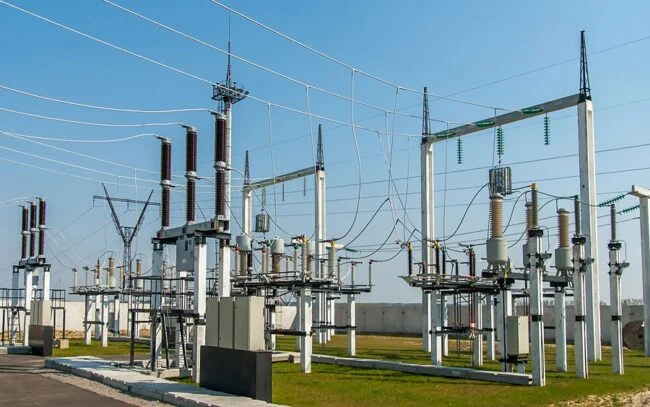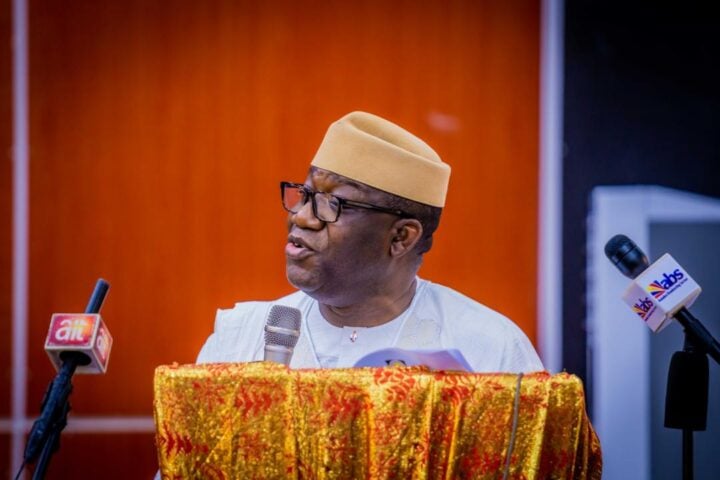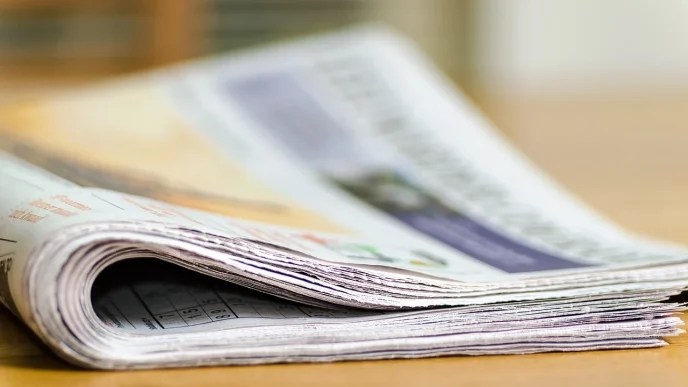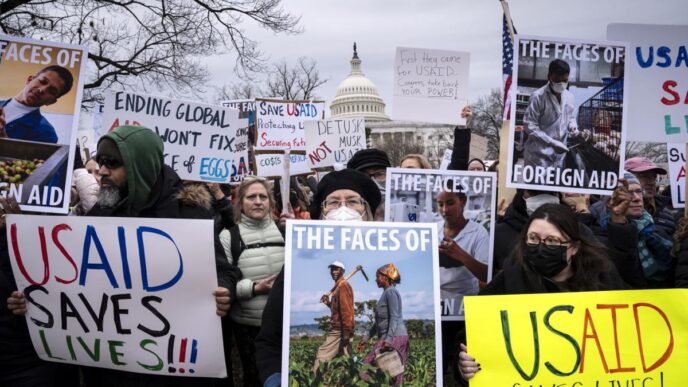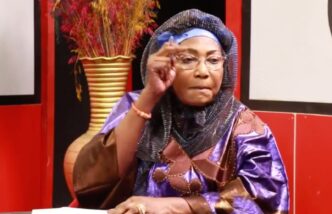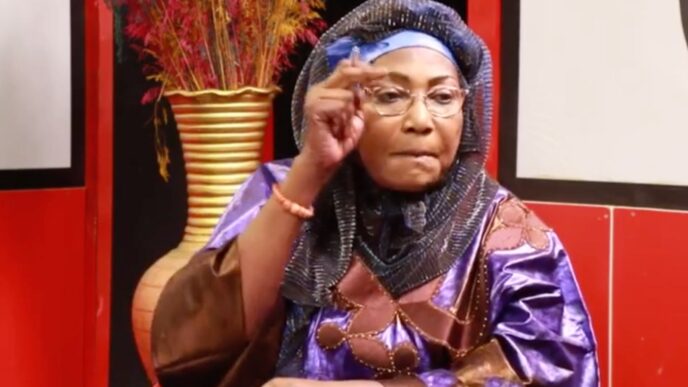Segun Ajayi-Kadir, director-general of the Manufacturers Association of Nigeria (MAN) says the privatisation of the power sector has not yielded the expected results, calling for an audit of investment in the industry.
Ajayi-Kadir spoke in a statement on Thursday on the “frequent” increase in electricity tariffs, which he said is hindering the performance of the manufacturing sector and the nation’s economic growth.
He said a hike in tariffs will significantly affect production costs and product prices, noting that electricity is a crucial input in manufacturing.
The MAN DG said no nation can achieve substantial industrial development without ensuring energy security, adding that increasing tariffs would harm the competitiveness of Nigerian products and businesses.
Advertisement
He warned that such adjustment would worsen production costs, intensify inflationary pressure, and further reduce consumers’ disposable income.
Ajayi-Kadir added that it would increase manufacturers’ unsold inventory, erode profit margins, raise unemployment, and force more private businesses to shut down.
“It was due to the critical role of energy security in Nigeria’s industrial aspirations that the power sector was privatised in 2013,” he said.
Advertisement
“Unfortunately, this privatisation has not delivered the expected results.
“The sector struggles because operators lack both technical and financial capacity to ensure optimal performance.”
Bemoaning power generation, Ajayi-Kadir said Nigeria’s installed electricity capacity has consistently been around 10,000 megawatts (MW).
However, he said the capacity remains underutilised due to the limited ability of generating companies (GenCos) and distribution firms (DisCos) to generate and distribute sufficient electricity nationwide.
Advertisement
“Despite failing to meet demand, there have been continuous tariff increases without a corresponding improvement in supply quality,” he said.
“According to the National Bureau of Statistics (NBS), electricity supply was 5,909.83GWh in Q2 2023 but dropped to 5,769.52GWh in Q1 2024 and 5,612.52GWh in Q2 2024.
“This decline followed the implementation of a tariff increase exceeding 230 percent.
“This represents a 5.03 percent year-on-year decrease and a 2.72 percent quarter-on-quarter decline.”
Advertisement
Ajayi-Kadir said MAN has repeatedly called for an increase in electricity supply beyond the average 4,000MW provided daily to over 200 million Nigerians.
He said Nigeria requires more than 30,000MW to adequately meet the growing demand from businesses and households.
Advertisement
Ajayi-Kadir urged the government to critically assess DisCos’ cost-reflective tariff model and audit their investment in distribution infrastructure.
On January 30, a report quoted Olu Verheijen, special adviser to President Bola Tinubu on energy, as saying Nigeria’s power tariff would increase by about two-thirds (66 percent) for many customers to reflect the actual cost of electricity supply.
Advertisement
However, in a statement on February 3, Verheijen said her statement was “misrepresented”.
Advertisement
Add a comment
